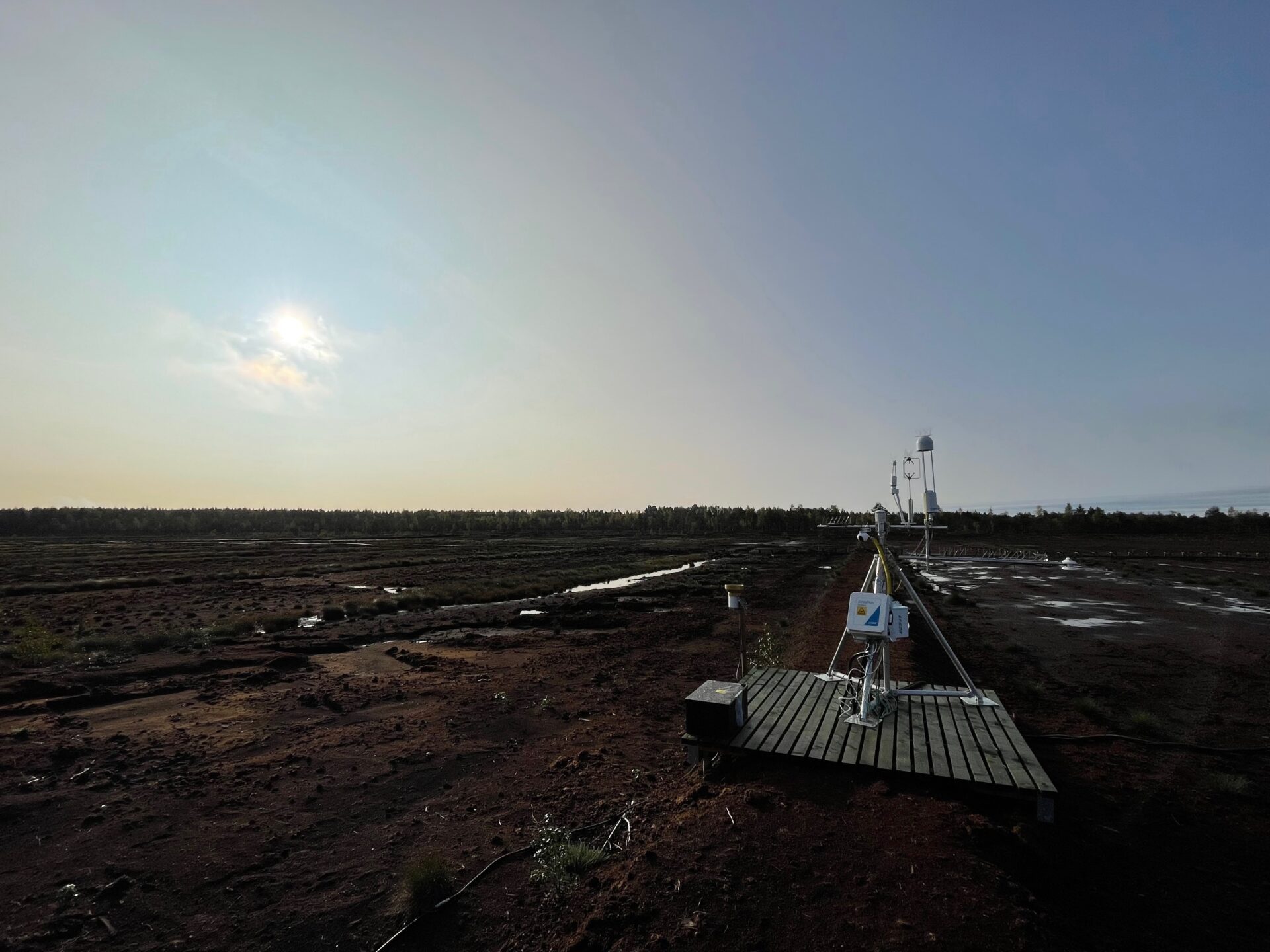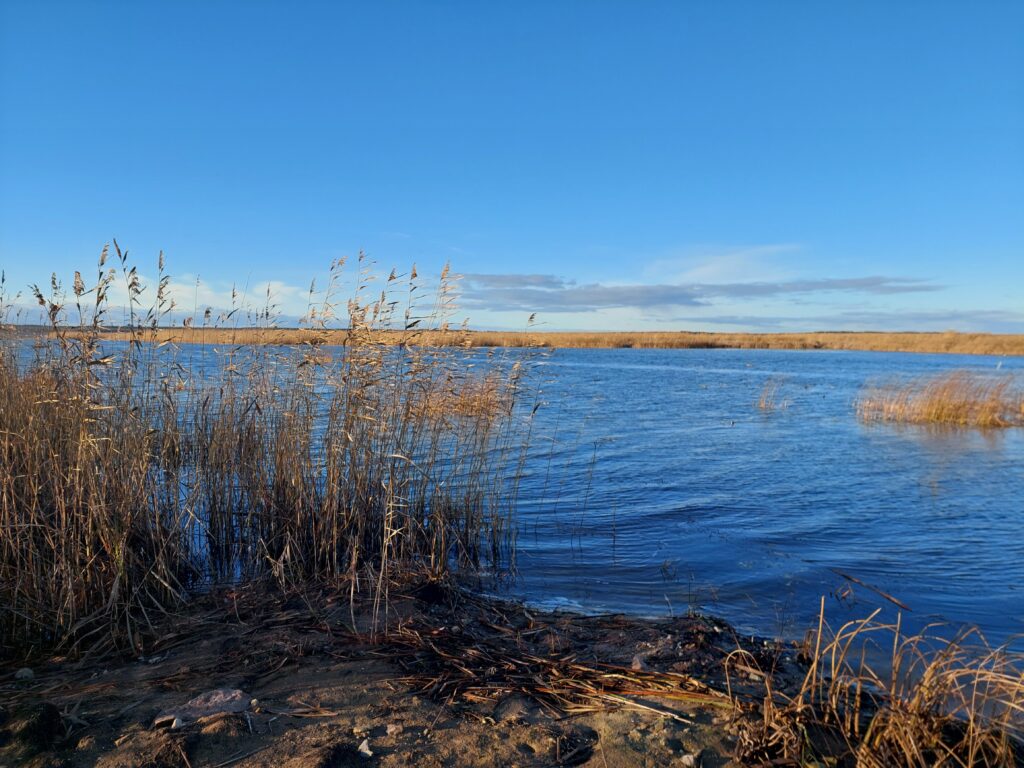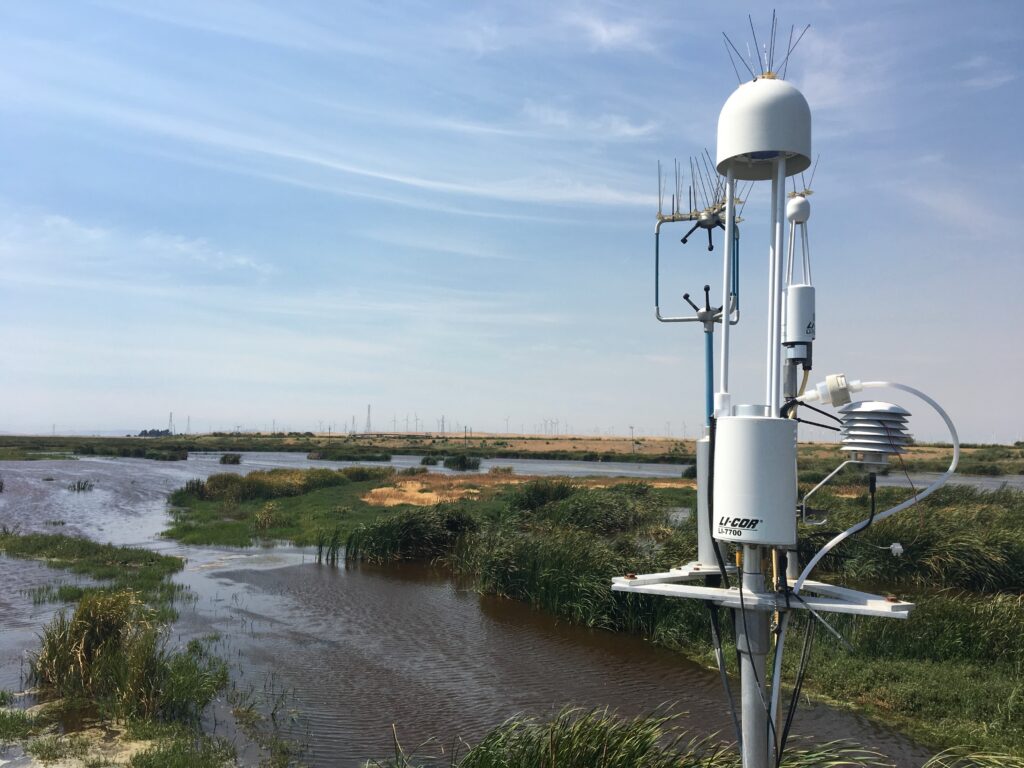
Environmental Technology Lab
Opportunities
Apply to do your bachelor’s or master’s thesis on a topic in physical geography or environmental technology at the University of Tartu in our Environmental Technology Lab!
Here are some suggested thesis topics that can be modified to suit your interests:
-
Investigating Time-Lagged Environmental Drivers of Methane Fluxes in Wetlands Using Eddy Covariance Data
-
Linking Methane Flux Dynamics to NDVI Changes During the Vegetation Period
-
The Dynamics of Sediment Accumulation in In-Ditch Constructed Wetlands
-
Spatial Heterogeneity and Drivers of Methane and Nitrous Oxide Fluxes Across Landscape
-
Carbon and Nitrogen Balance of a Drained Peatland Forest Assessed with Eddy Covariance and Chamber-Based Measurements
-
Efficiency of Subsurface Flow Constructed Wetlands in Removing Phenols from Wood Industry Leachate
-
Evaluating Discrepancies in Annual Carbon Balance Using Eddy Covariance and Chamber-Based Measurements
-
Overview of Estonian Stormwater Solutions and Assessment of Their Performance
-
Overview of Nature-Based Stormwater Management Plans
-
Plant Species Composition of Viimsi Raingarden and Changes Over Time
-
Public Perception of Nature-Based Stormwater Solutions in Estonia
-
Raingarden Substrate Composition and Hydraulic Properties
-
Identify Gaps in the Design, Implementation, and Maintenance of Stormwater Solutions Affecting Plant Community and Overall Performance
Depending on the chosen topic, your supervisor will be either Professor Kuno Kasak, Associate Professor Margit Kõiv-Vainik, or one of our Junior Research Fellows — Isaac Okiti, Kadir Yildiz, Jürgen Sarjas, Ilona Tamm, or Joosep Truupõld.
We would be very pleased if you possess any of the following knowledge or skills; however, they are not mandatory, and you can acquire them with our guidance if needed.
- Basic knowledge of ecology and soil science
- Basic knowledge of greenhouse gas measurements including data processing and interpretation
- Ability to write code for data analyses in either MATLAB, R, or Python.
- Experience in fieldwork, data collection, and carrying out ancillary measurements
- Experience with the use of eddy covariance technique to capture CO2 and CH4 emissions over ecosystems
- Experience with geographic information systems (e.g., QGIS)
- Experience in soil chemical and physical analyses
- Experience in large data analyses
- Experience with biogeochemical modelling
- Experience working in wetland ecosystems
Apply for a 4-year PhD position at the University of Tartu, Department of Geography!
An updated version of the available position will appear here later this year.
Apply for a Postdoctoral position in our Environmental Technology lab at the University of Tartu, Department of Geography!
An updated version of the available position will appear here later this year.
To apply
If you’re interested, feel free to contact someone from our team.




